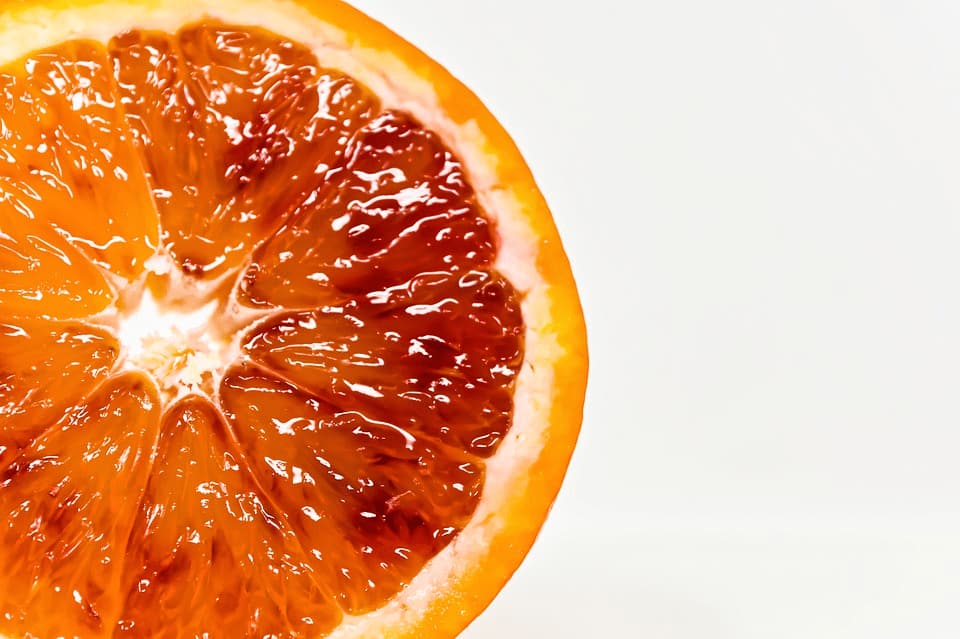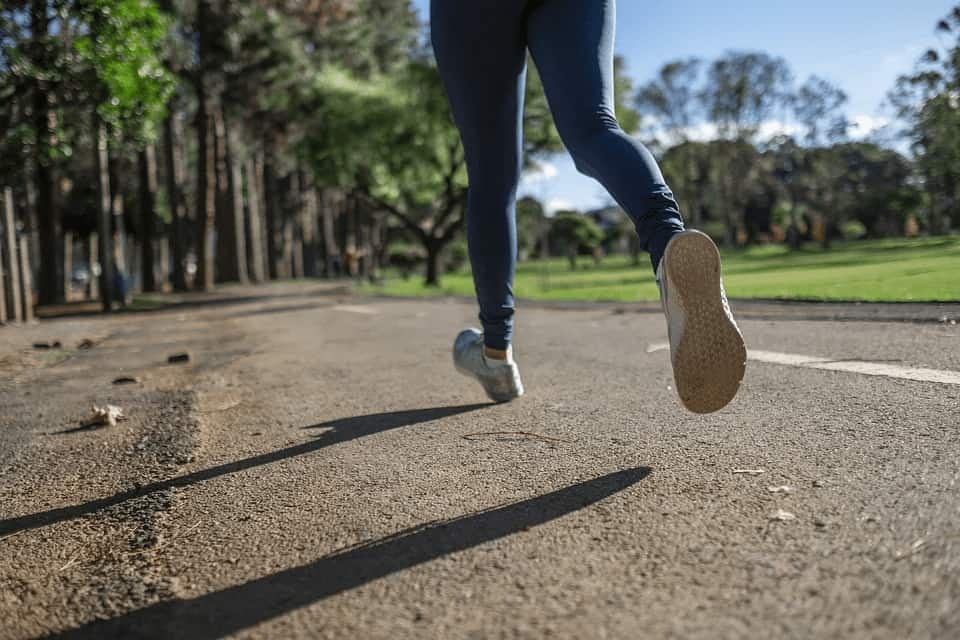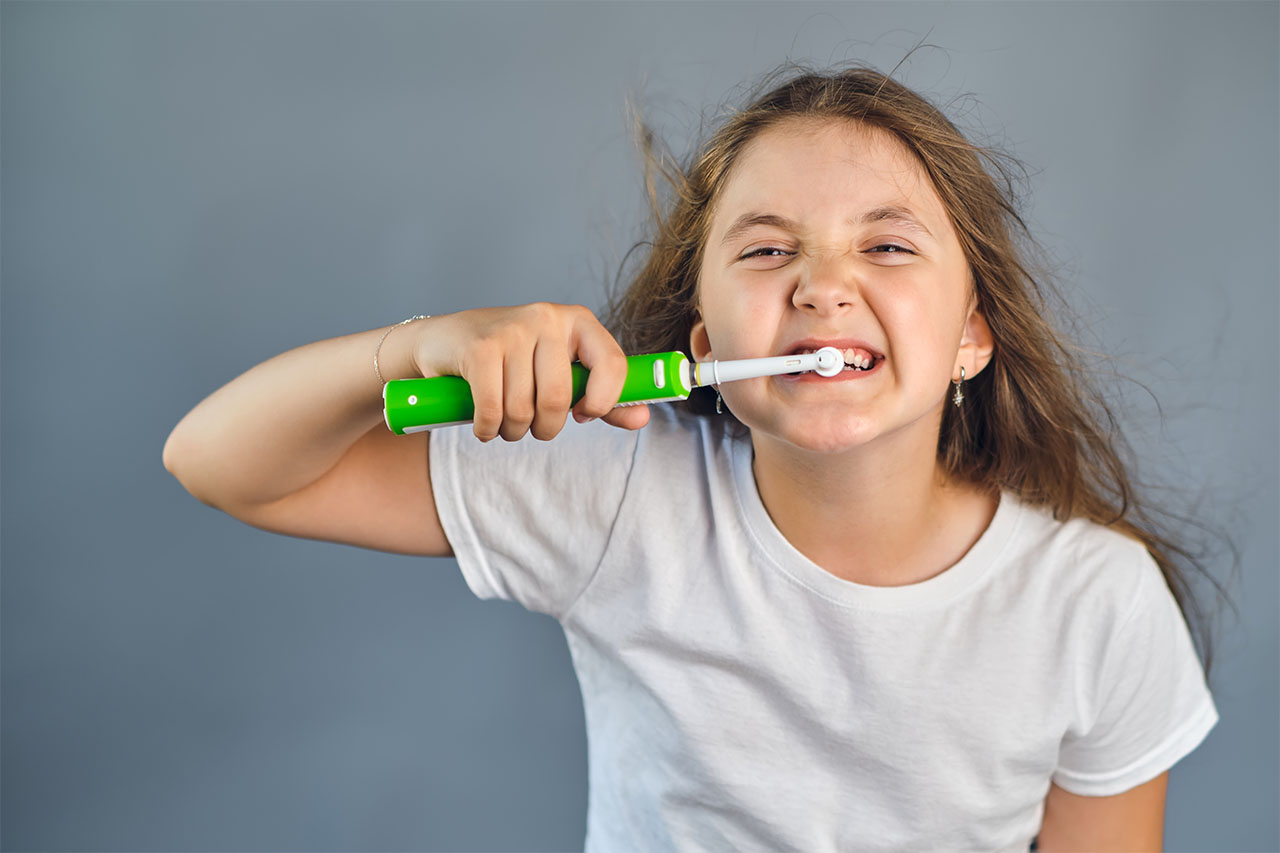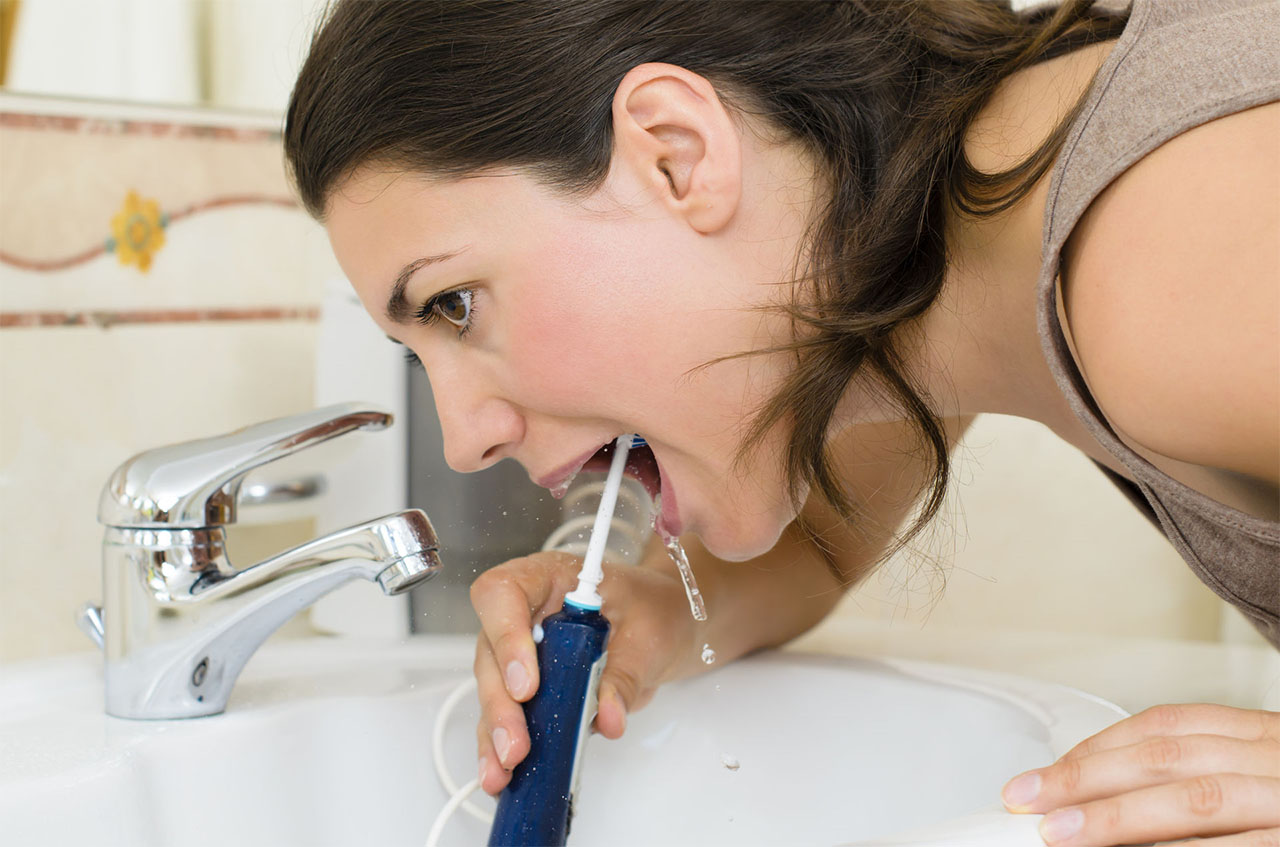- Your cart is empty
- Continue Shopping
7 Natural Remedies to Treat Your High Blood Pressure

When you see your doctor about your high blood pressure, they’ll likely prescribe you medications that will help you treat and control your high blood pressure.
However, this isn’t the only way to treat high blood pressure. You can also use natural remedies and lifestyle modifications such as changes in your diet, exercise, and stress levels to lower your blood pressure and ease your symptoms.
Typically, these methods can be used in conjunction with any of your prescription medications, but you need to inspect the labels to make sure there aren’t any potentially harmful interactions. When used properly, both medications and lifestyle changes can be quite effective in achieving normal blood pressure.
Natural High Blood Pressure Treatments
Natural high blood pressure treatments can be just as if not more effective as medications. Adjust these lifestyle factors to improve your overall health and target high blood pressure at the source of the problem.
Work Out Regularly

Exercise gets your blood pumping, so it’s no big surprise that it has a positive effect on blood pressure. Aerobic and strength training exercises are most effective, so be sure to mix in some dumbbell workouts alongside something fast-paced like jogging, jumping jacks, or swimming.
You have to be consistent with exercise to really enjoy its effects, but luckily, you don’t need to feel the burn every day. Around 30 minutes of mild exercise, each day is enough to support healthy blood pressure.
Improve Your Diet
Cholesterol and saturated fats are two of the biggest dietary contributors to hypertension. Reduce your consumption of pre-packaged junk food, and instead, eat more whole grains, vegetables, and fruits. The DASH diet is a fantastic method to ensure your meals won’t contribute to your hypertension.
One easy way you can improve your nutrition is by opting for more whole foods like fresh produce and lean meats. When eating packaged foods, make sure to always check the labels before buying so you can see how much fat and cholesterol they contain.
Shed Extra Pounds
Obesity is another common contributor to hypertension. Losing just a few extra pounds can have an incredibly positive impact on your blood pressure.
Managing your weight also makes you less likely to develop sleep apnea, which can make high blood pressure worse.
Stop Smoking and Drinking
Excessive drinking can raise your blood pressure, as can any smoking.
Try to cut out cigarettes entirely since this bad habit can also increase your risk of lung cancer and heart disease.
For alcohol, you can still drink in moderation as long as you don’t overindulge. Limit yourself to no more than one or two drinks a day to keep your blood pressure in check.
Limit Sodium
Many processed and shelf-stable foods contain lots of salt, which can skyrocket your blood pressure. Look for low-sodium alternatives, replace added salt when cooking with other spices like garlic powder and sodium-free substitutes, and always read food labels.
If you have hypertension or are at risk of developing the condition, try to keep your sodium intake under about 1,500 mg a day.
Reduce Caffeine
Caffeine can feel like the last bastion between starting your day and going back to bed in the morning, but it’s not a good idea to overindulge, especially if you’re worried about your blood pressure.
Typically, people who drink one or two cups of coffee each day with a few hours in-between don’t have to worry much about caffeine’s effects on their blood pressure. If you’re a frequent caffeine drinker or if your daily caffeine consumption pushes double digits, you must watch out for potential spikes in your blood pressure.
Practice Stress Relief to Reduce High Blood Pressure

Stress is a natural and sometimes unavoidable part of life, but it’s often bad for your health in more ways than one. In addition to putting you in a bad mood and making worry and rumination more frequent, a high-stress lifestyle can greatly increase your risk of worsening your hypertension.
You might not be able to reliably reduce how stressed you are at work or from hectic home life, but you can take time to take breaks when you need them and spend some time relaxing to relieve your mind of your troubles. A good work-life balance can help you keep your blood pressure in check. You can also use deep breathing exercises and mindful meditation to alleviate tension in everyday stressful situations.
Final Thoughts
Although medications are quite effective in treating hypertension if your doctor recommends them, they’re not the only way to manage the condition. They’re often less effective on their own.
Making a smart diet, exercise, and other lifestyle choices helps you get your high blood pressure back under control as safely as possible.




